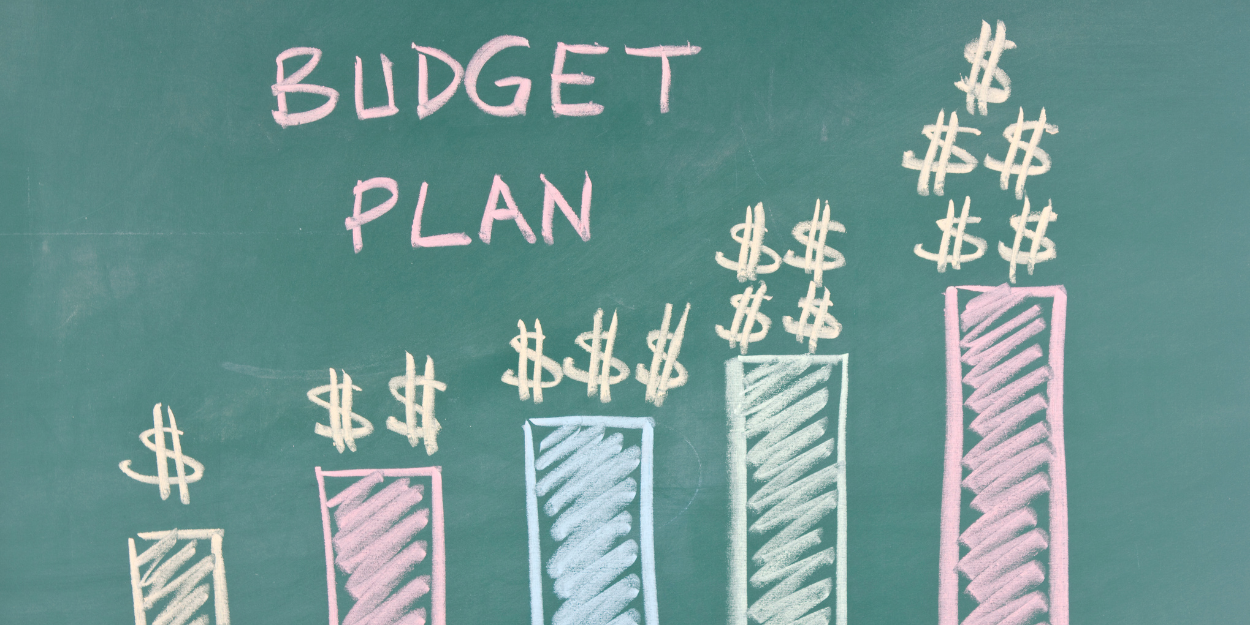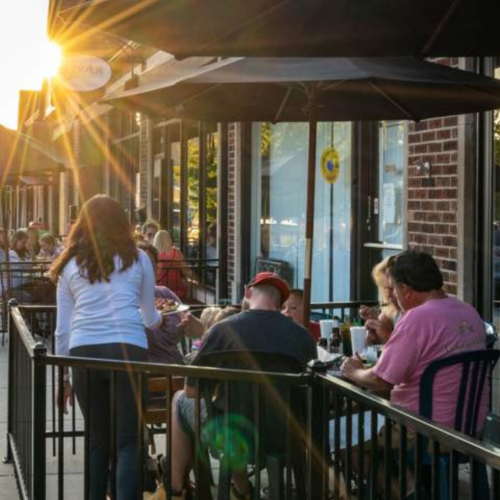If you’re thinking about buying your first home, it’s easy to get caught up in Pinterest boards, Zillow scrolls, and dreamy open houses. But before you step foot in a showing or call up a lender, there’s one step that makes or breaks the experience—building a home buying budget.
Creating a smart budget is more than crunching numbers. It’s how you avoid surprises, negotiate with confidence, and ultimately buy a home that fits your lifestyle and your financial goals.
Let’s walk through how to build a realistic home buying budget—and how to actually stick to it when the home search heats up.
Why Budgeting Matters More Than Ever for First-Time Buyers
For buyers entering the market today—especially in Central Indiana—home prices have risen, interest rates fluctuate, and competition is still very real in many neighborhoods. That’s why building a home buying budget early is essential.
Without a plan, it’s easy to overspend, under-save, or fall in love with a house that’s out of reach. A detailed budget gives you clarity on what you can truly afford—not just what a lender says you qualify for.
At Lockstep Realty, we’ve helped dozens of first-time buyers walk through this exact process, ensuring their numbers are dialed in before they start their home search.
Start With Your All-In Monthly Payment
The first number most buyers think about is the price of the home—but the monthly payment is what you’ll live with long term. Your all-in monthly payment includes more than just your mortgage principal.
Here’s what’s included in a typical monthly mortgage payment:
-
Principal: The amount that goes toward paying off your loan
-
Interest: What the lender charges you to borrow money
-
Taxes: Property taxes based on the home’s assessed value
-
Insurance: Homeowners insurance, and possibly PMI (private mortgage insurance)
-
HOA Fees: If applicable, based on the neighborhood or community
Your lender can help estimate this during preapproval, but you should always ask for a breakdown—not just a top-line number. Make sure you’re budgeting for your maximum comfortable monthly payment, not just what you’re approved for.
Understand Your Upfront Costs
Once you’ve figured out your monthly comfort zone, it’s time to get real about what you’ll need upfront to close on the home.
Here’s what to expect:
-
Down Payment: This can range from 0% (for VA loans) to 20% or more, but most first-time buyers put down 3–5%.
-
Closing Costs: Typically 2–4% of the purchase price. These include loan origination fees, title insurance, prepaid taxes and insurance, and more.
-
Escrow Reserves: Lenders often require several months of taxes and insurance to be collected upfront.
-
Appraisal and Home Inspection: Paid out-of-pocket before closing—budget around $500–$1,000 for both.
Planning for these ahead of time keeps you from scrambling when you find the right home. Some loan programs allow sellers to help cover closing costs, but that isn’t guaranteed—so always plan as if you’re paying them yourself.
Plan for the Hidden Costs
Buying a home isn’t just about the transaction—it’s also about transitioning into a new space. Here are the expenses first-time buyers often forget to budget for:
-
Moving costs (whether DIY or with movers)
-
New locks, blinds, or small upgrades
-
Furniture or appliances not included in the sale
-
Utility deposits and transfer fees
-
HOA initiation fees
-
Ongoing maintenance and seasonal upkeep
It’s a good idea to have at least 3–6 months of reserves after closing to cover both planned and unplanned expenses.
Tools and Tips to Stay on Track
Once you’ve mapped out your numbers, the key is staying on track. These tools and strategies can help:
-
Use budget apps like Mint, YNAB, or your bank’s mobile platform
-
Create a spreadsheet or use a buyer cost sheet from your REALTOR®
-
Get fully preapproved with a lender—not just prequalified—and review all figures line by line
-
Set automated savings transfers each month toward your goal
-
Use visual reminders (whiteboards, goal trackers, or progress bars) to stay motivated
Small steps over time make a huge difference when the right house comes along.
Common Budgeting Mistakes to Avoid
Even smart, responsible buyers can run into trouble if they don’t prepare. Here are some mistakes we often see:
-
Shopping before you know your budget
-
Budgeting only for the down payment—not the entire cost
-
Forgetting about escrow reserves or closing costs
-
Skipping preapproval and relying on online calculators alone
-
Assuming seller concessions will automatically reduce your costs
If you’re unsure, work with a REALTOR® and lender who will walk through the math with you.
How Lockstep Realty Helps First-Time Buyers Budget Smart
At Lockstep Realty, we don’t throw you into the process and hope for the best. We sit down with every buyer to walk through the full financial picture. That includes:
-
Customized buyer consultations focused on your goals and budget
-
Access to trusted lenders who understand down payment assistance and FHA, VA, and conventional options
-
A complete breakdown of closing costs, timelines, and expectations
-
Local insights on tax rates, HOA fees, and affordability by neighborhood
-
Ongoing guidance through every step of your home search
Whether you’re ready to buy next month or next year, starting your budget now is the best first move.
Frequently Asked Questions
What’s the average down payment for a first-time buyer?
Most first-time buyers put down between 3% and 5%. Some programs allow 0% down with VA loans or qualified assistance.
How much should I save before buying a home?
Aim to save at least 8–10% of the purchase price to cover your down payment, closing costs, and reserves.
Can I use gift funds or assistance?
Yes, many loan programs allow gift funds from family. You may also qualify for Indiana-based down payment assistance programs.
Are there closing cost assistance programs in Indiana?
Yes. Organizations like IHCDA offer grants and second-mortgage options to reduce your out-of-pocket costs.
What if I go over budget during the process?
That’s where your REALTOR® and lender come in. We’ll help you course-correct and find solutions before it impacts your closing.



